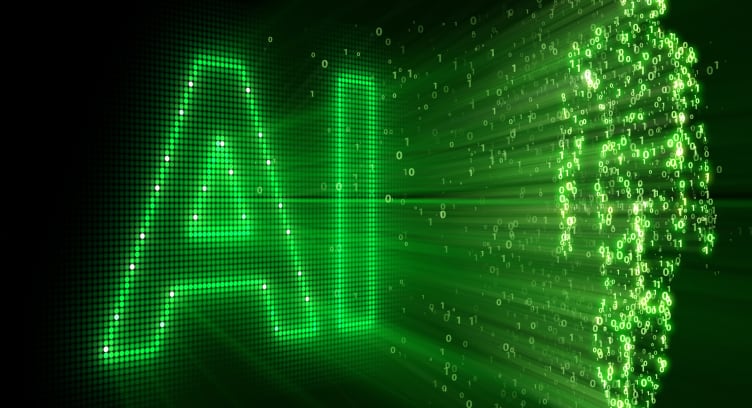Siemens and Microsoft are harnessing the collaborative power of generative artificial intelligence (AI) to help industrial companies drive innovation and efficiency across the design, engineering, manufacturing and operational lifecycle of products.
To enhance cross-functional collaboration, the companies are integrating Siemens’ Teamcenter® software for product lifecycle management (PLM) with Microsoft’s collaboration platform Teams and the language models in Azure OpenAI Service as well as other Azure AI capabilities.
At Hannover Messe, the two technology leaders will demonstrate how generative AI can enhance factory automation and operations through AI-powered software development, problem reporting and visual quality inspection.
Connecting shop floor workers with teams across business functions through AI-powered collaborative apps With the new Teamcenter app for Microsoft Teams, anticipated later in 2023, the companies are enabling design engineers, frontline workers and teams across business functions to close feedback loops faster and solve challenges together. For example, service engineers or production operatives can use mobile devices to document and report product design or quality concerns using natural speech. Through Azure OpenAI Service, the app can parse that informal speech data, automatically creating a summarized report and routing it within Teamcenter to the appropriate design, engineering or manufacturing expert. To foster inclusion, workers can record their observations in their preferred languages which is then translated into the official company language with Microsoft Azure AI. Microsoft Teams provides user-friendly features like push notifications to simplify workflow approvals, reduce the time it takes to request design changes and speed up innovation cycles. The Teamcenter app for Microsoft Teams can enable millions of workers who do not have access to PLM tools today to impact the design and manufacturing process more easily as part of their existing workflows. Keeping factories running with AI-powered automation software engineeringSiemens and Microsoft are also collaborating to help software developers and automation engineers accelerate the code generation for Programmable Logic Controllers (PLC), the industrial computers that control most machines across the world’s factories. At Hannover Messe, the companies are demonstrating a concept for how OpenAI’s ChatGPT and other Azure AI services can augment Siemens’ industrial automation engineering solutions. The showcase will highlight how engineering teams can significantly reduce time and the probability of errors by generating PLC code through natural language inputs. These capabilities can also enable maintenance teams to identify errors and generate step-by-step solutions more quickly.
Finding and preventing product defects with industrial AIDetecting defects in production early is critical to prevent costly and time-consuming production adjustments. Industrial AI like computer vision enables quality management teams to scale quality control, identify product variances easier and make real-time adjustments even faster. In Hanover, teams will demonstrate how, using Microsoft Azure Machine Learning and Siemens’ Industrial Edge, images captured by cameras and videos can be analyzed by machine learning systems and used to build, deploy, run and monitor AI vision models on the shop floor.This collaboration is part of the longstanding strategic relationship between Siemens and Microsoft, built on over 35 years of joint innovation with thousands of customers. Other areas of collaboration include Senseye on Azure, enabling companies to run predictive maintenance at enterprise scale and support for customers that seek to host their business applications in the Microsoft Cloud to run solutions from the Siemens Xcelerator open digital business platform, including Teamcenter, on Azure. Siemens is also partnering with Microsoft as part of its zero trust strategy.
Scott Guthrie, executive vice president, Cloud + AI, Microsoft
The integration of AI into technology platforms will profoundly change how we work and how every business operates. With Siemens, we are bringing the power of AI to more industrial organizations, enabling them to simplify workflows, overcome silos and collaborate in more inclusive ways to accelerate customer-centric innovation.
Cedrik Neike, Member of the Managing Board of Siemens AG and CEO Digital Industries
Powerful, advanced artificial intelligence is emerging as one of the most important technologies for digital transformation. Siemens and Microsoft are coming together to deploy tools like ChatGPT so we can empower workers at enterprises of all sizes to collaborate and innovate in new ways.






















